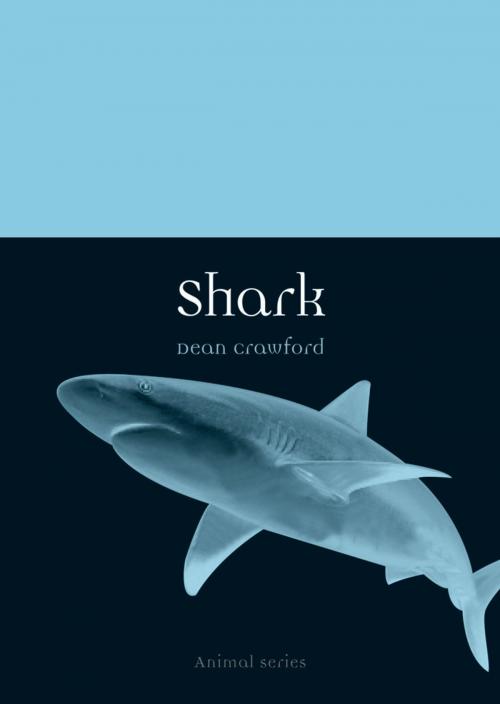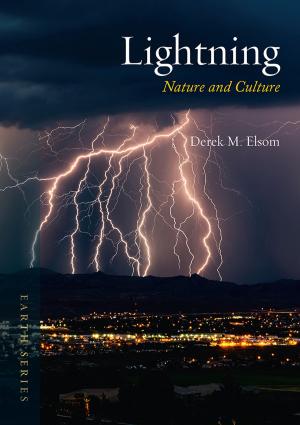| Author: | Dean Crawford | ISBN: | 9781861895004 |
| Publisher: | Reaktion Books | Publication: | August 1, 2008 |
| Imprint: | Reaktion Books | Language: | English |
| Author: | Dean Crawford |
| ISBN: | 9781861895004 |
| Publisher: | Reaktion Books |
| Publication: | August 1, 2008 |
| Imprint: | Reaktion Books |
| Language: | English |
A sleek hunter of the seas, the shark has struck fear into the hearts of men since the days of the first fishermen. Dean Crawford now explores here the long relationship between shark and man, revealing that behind the fearsome caricature is a complex animal that deserves a thoughtful reconsideration.
With a lineage stretching back over 100 million years, the shark has evolved into 350 different species, from the great white to the pike-bearing goblin to the tiny cookie-cutter. Crawford compiles here a fascinating narrative that analyzes how and why the animal looms large in our cultural psyche. While sharks have played a prominent part in religion and mythology, they are more commonly perceived as deadly predators—in such films as Jaws and Dr. No—or as symbols of natural violence, as in Hemingway’s Islands in the Stream. Shark ultimately argues, however, that our ill-informed emotional responses, spurred by such representations, have encouraged the wholesale slaughter of sharks—and our ignorance endangers the very existence of the shark today.
Both a celebration of their lethal beauty and plea for their conservation, Shark urges us to shed our fears and appreciate the magnificence of this majestic animal.
A sleek hunter of the seas, the shark has struck fear into the hearts of men since the days of the first fishermen. Dean Crawford now explores here the long relationship between shark and man, revealing that behind the fearsome caricature is a complex animal that deserves a thoughtful reconsideration.
With a lineage stretching back over 100 million years, the shark has evolved into 350 different species, from the great white to the pike-bearing goblin to the tiny cookie-cutter. Crawford compiles here a fascinating narrative that analyzes how and why the animal looms large in our cultural psyche. While sharks have played a prominent part in religion and mythology, they are more commonly perceived as deadly predators—in such films as Jaws and Dr. No—or as symbols of natural violence, as in Hemingway’s Islands in the Stream. Shark ultimately argues, however, that our ill-informed emotional responses, spurred by such representations, have encouraged the wholesale slaughter of sharks—and our ignorance endangers the very existence of the shark today.
Both a celebration of their lethal beauty and plea for their conservation, Shark urges us to shed our fears and appreciate the magnificence of this majestic animal.















